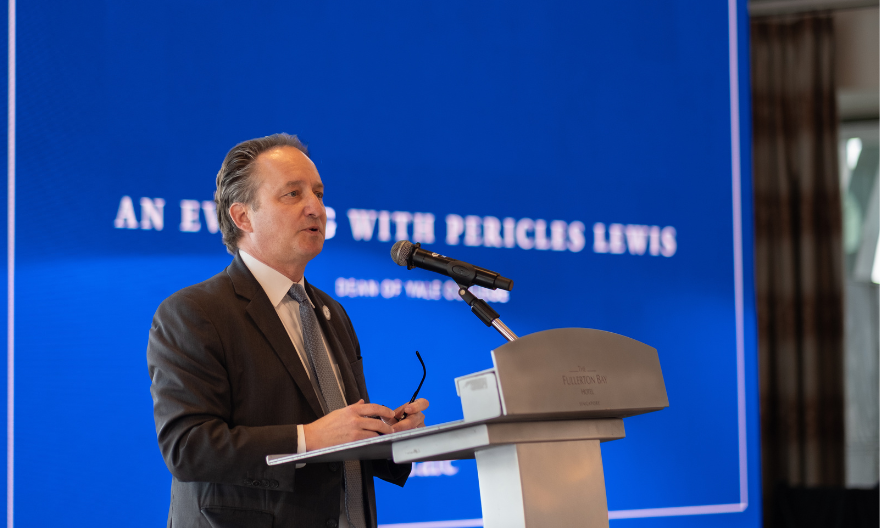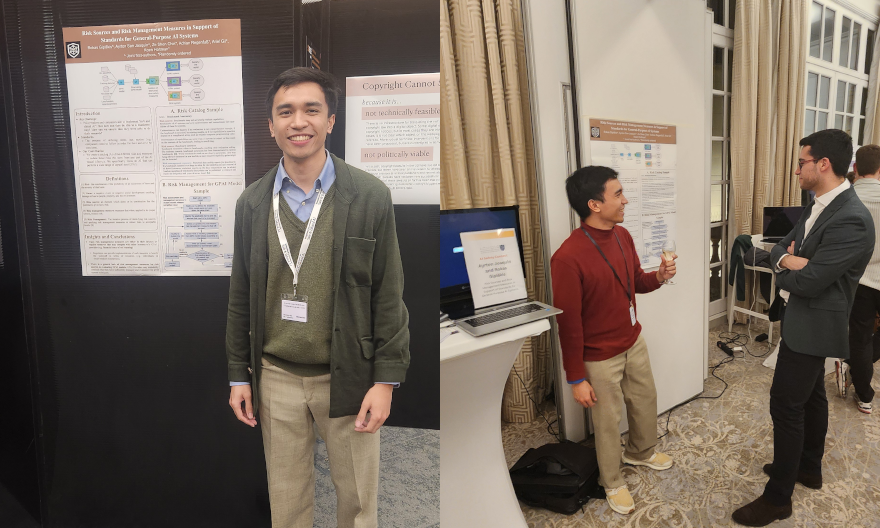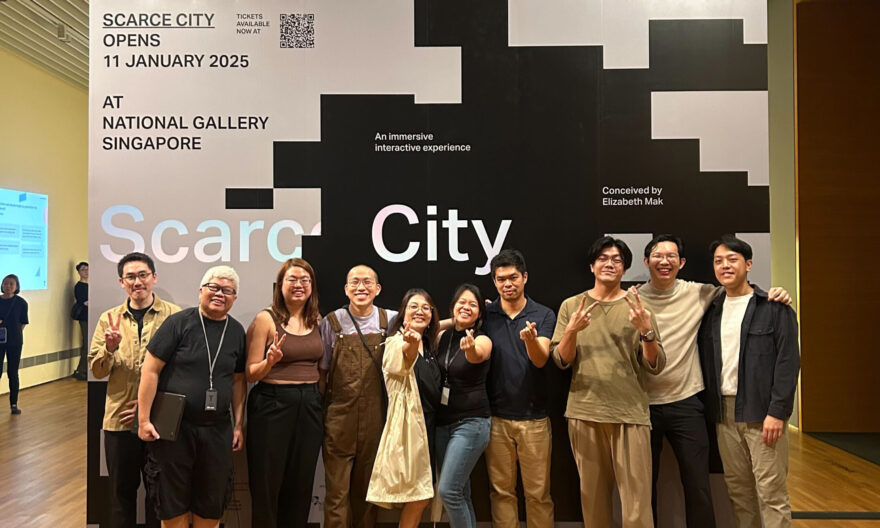Alumni draw on Yale-NUS experiences to tell stories in their own voice
Kei Franklin (Class of 2017) and Chng Yi Kai (Class of 2018) reflect on the power of storytelling in their careers
One of Yale-NUS College’s defining traits is its commitment to encourage students to be socially engaged, interdisciplinary and dynamic in their approach to life. This is particularly evident in the work of two of our alumni, Kei Franklin (Class of 2017), and Chng Yi Kai (Class of 2018), who translated their academic and extracurricular experiences into creative projects that traverse across diverse mediums such as art, writing and theatre.
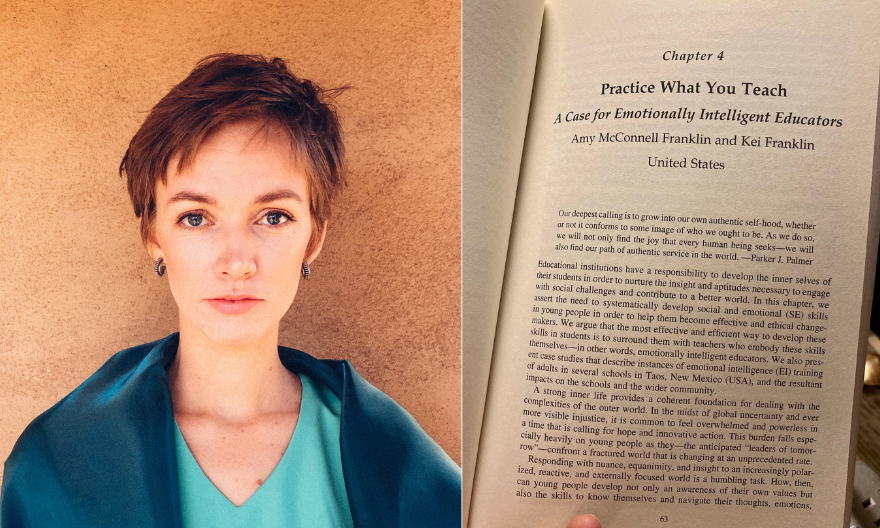
Kei Franklin is the co-writer of “Practice What You Teach: A Case for Emotionally Intelligent Educators”, a chapter from International Models of Changemaker Education, published in 2022. The book, edited by Viviana Alexandrowicz Ph.D and Paul M. Rogers, aims to guide educators who wish to develop programmatic structures and institutional cultures that promote inclusion and empowerment amongst young people. Kei’s chapter provides case-study evidence to showcase how social-emotional learning can be integrated more effectively into education through a comprehensive training of educators and school administrators. She hopes her contribution to the book will provide educators with greater insight on how to “develop a new generation of learners who are skilled not only in critical thinking and technical understanding, but also skilled in relating to each other empathetically, knowing themselves deeply, and engaging with conflict constructively.”
Having experienced different work environments since graduating from Yale-NUS College, including stints at a social enterprise, a public research institution, and a private sector company, Kei became keenly aware of the value of creating spaces that emphasised care and social change at both a personal and institutional level. “In each of my work experiences, I noticed that how we do work — the work culture, the way decisions are made, the norms around communication and conflict, whether people feel valued and are encouraged to bring their whole selves to work — matters immensely,” she shared. As a founding member of the Yale-NUS student organisation for mental health and support “P.S. We Care” and a student associate for the College’s Student Affairs Office, Kei spent much of her college life studying and supporting personal development, organisational change and community care work, always with a focus on the power dynamics that can emerge in an intercultural context like Yale-NUS. Threads of this practice continued to weave through each of her professional roles after graduation, eventually leading her to settle into her current role as a self-employed facilitator and life coach.
She also co-leads Brack, a platform for socially-engaged arts in Singapore, along with Alecia Neo and fellow Yale-NUS alumni Jevon Chandra (Class of 2017). Brack explores practices of gathering, hosting, dialogue, and collective re-imaginings of alternative worlds and futures. Their approach, which Kei describes as “socially-engaged, interdisciplinary, and experiential,” undoubtedly embodies the ethos that Yale-NUS seeks to imbue in its students.
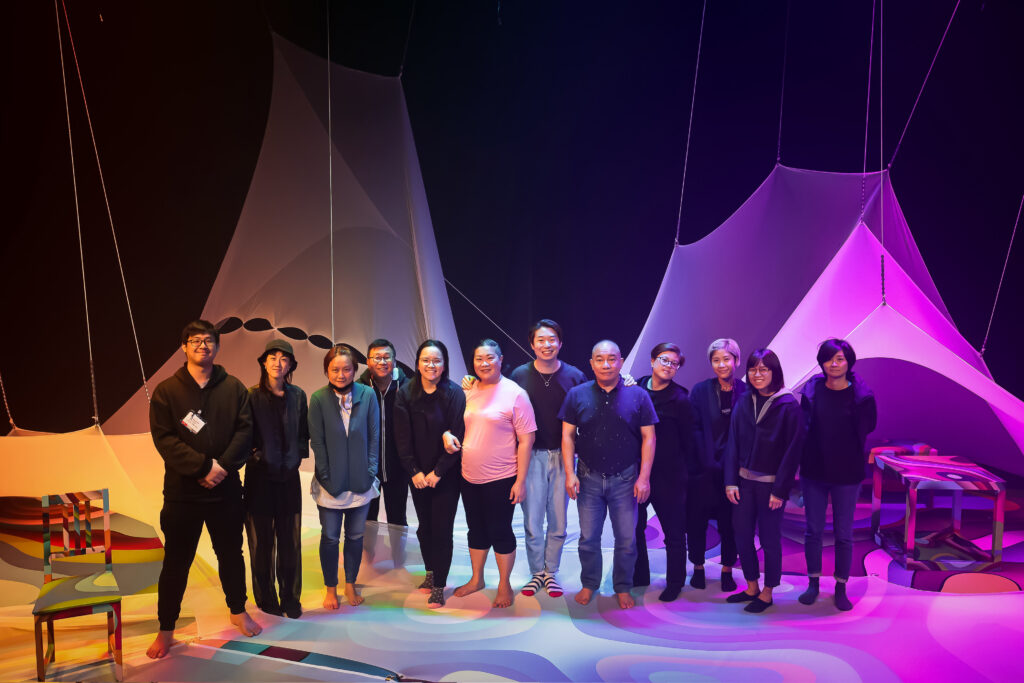
Playwright and director Chng Yi Kai uses theatre to highlight the real stories and concerns of underrepresented communities in the Singaporean landscape. His most recent play, When Cloud Catches Colours, which ran from 3 to 5 March 2023 at the Drama Centre Black Box, focused on the experiences of the older queer community through themes such as queer ageing. His interest in the area stemmed from conversations with older queer individuals about their often overlooked concerns, such as dealing with grief and loss of loved ones.
“As a young person concerned about queer issues, this made me realise that current issues faced by older queer individuals are not talked about as often. This led me to think more about ‘queer ageing’ as a topic, and what this also means for the larger queer community,” he shared.
As an Anthropology major and Arts & Humanities minor, Yi Kai was heavily influenced by his academic fields of interest. His play is a form of verbatim theatre, which transcribes real-world interviews and experiences into a performative piece. The writing process required him to draw from his anthropological skill set, as he undertook ethnographic field research, surveys and interviews to gather his writing material. “My studies in Ethnography, Queer Theories, Anthropological Imagination, and Documentary Photography have all helped me to find different methods to unpack the stories and research I gathered, in order to tell stories that are deep and meaningful,” he says of the experience. Yi Kai hopes to continue using his artistic practice to highlight the voices of marginalised groups.
“My overall practice is often about engaging untold but important stories, and finding creative means to extend them to a larger audience who may not immediately receive these stories in the milieux,” he added.
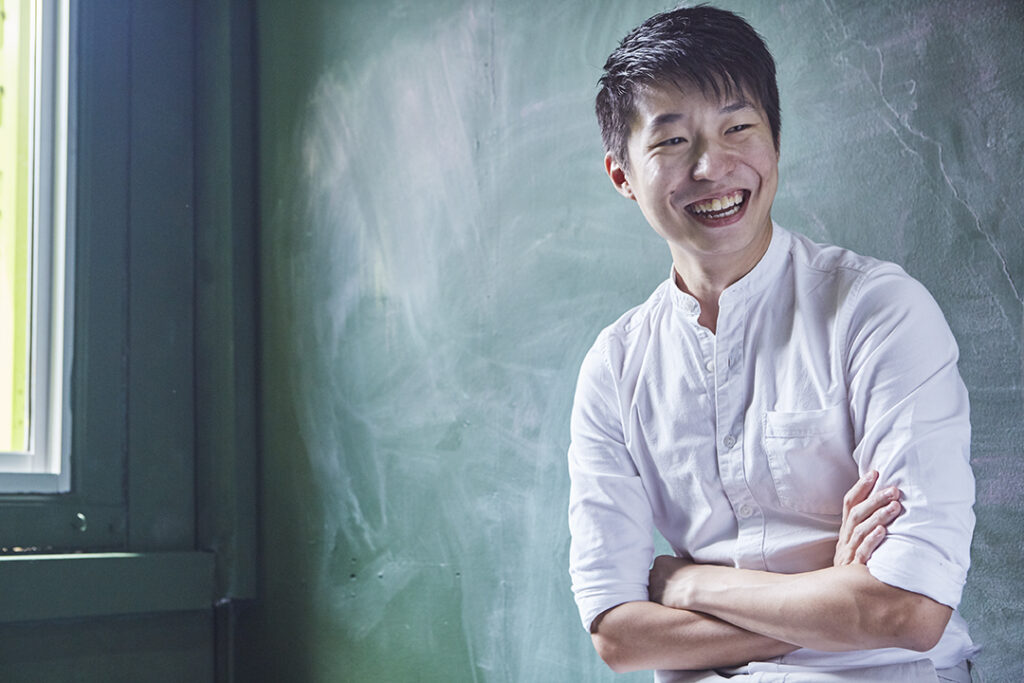
Despite their different fields of interest, Kei and Yi Kai continue to build on the lessons learned during their time at Yale-NUS, weaving together their artistic practice with social engagement through a host of interdisciplinary mediums, using the power of storytelling to amplify their causes.

